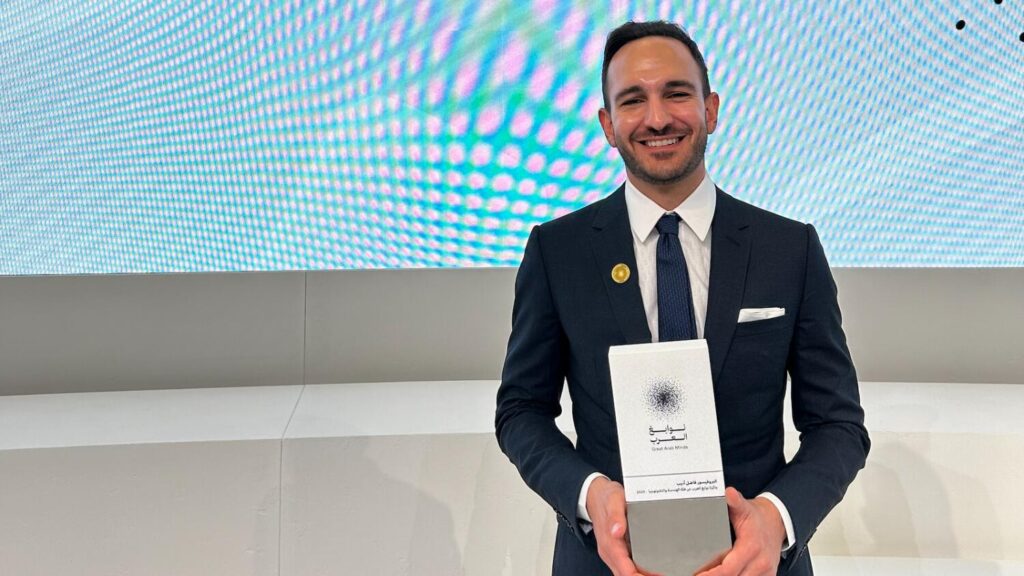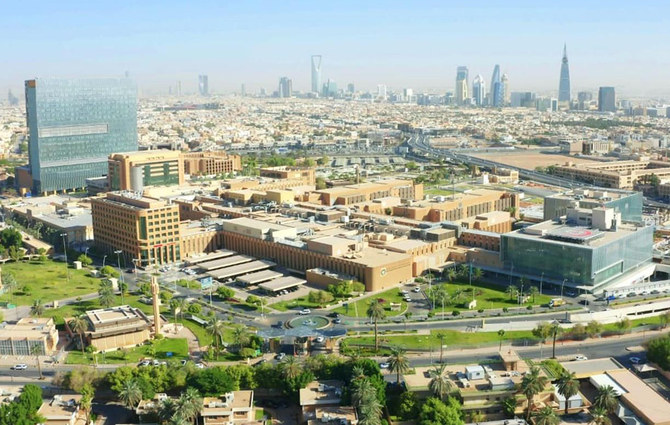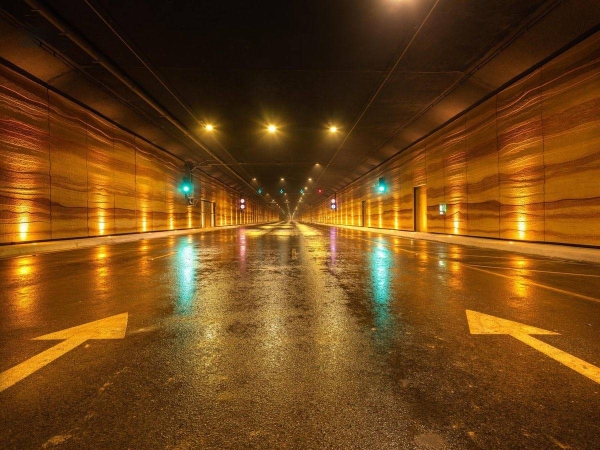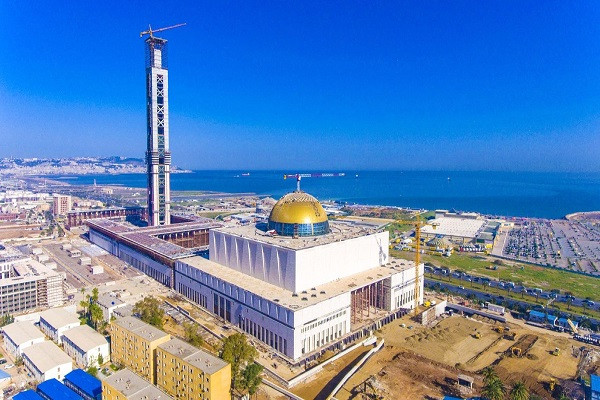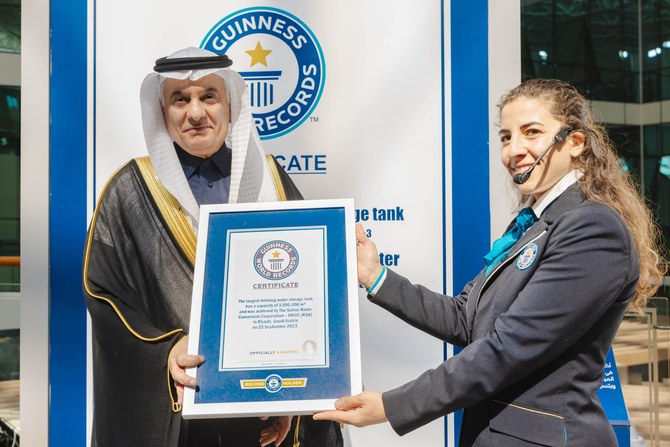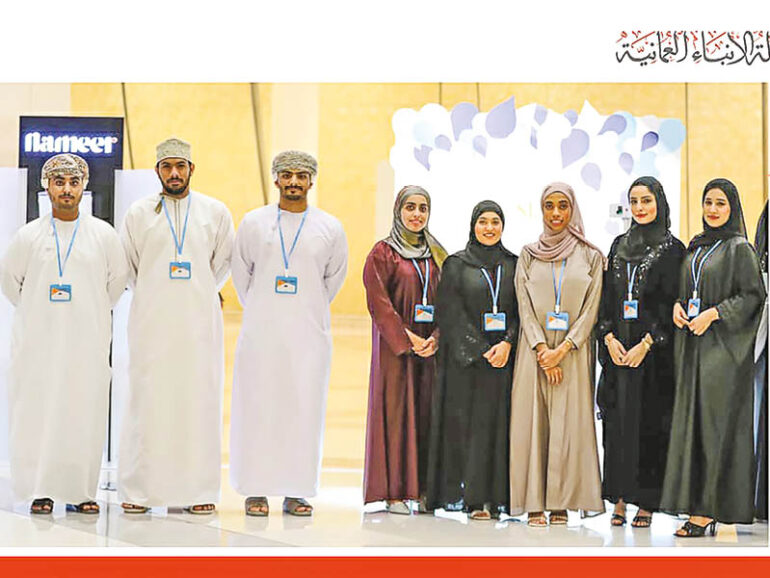In a touching tribute to her late husband, Saudi businesswoman Wajanat Muhammad Abdel Wahed has built the world’s first 3D Printed Mosque that was thrown open to worshippers ahead of the Holy Month of Ramadan likely to begin Monday March 11, 2024.
In a touching tribute to her late husband, Saudi businesswoman Wajanat Muhammad Abdel Wahed has built the world’s first 3D Printed Mosque that was thrown open to worshippers ahead of the Holy Month of Ramadan likely to begin Monday March 11, 2024.
The mosque is named after the late Saudi businessman Abdulaziz Abdullah Sharbatly.
“I dedicate the reward of building the first mosque in the world using 3D printing technology to my husband, Abdulaziz Abdullah Sharbatly. I ask God to grant him benefit to the Kingdom and enable him to become a leader in line with #Saudi_Vision_2030 (sic)” Wajanat wrote on social media platform X Thursday, March 7, 2024.
“The idea materialized into constructing a mosque dedicated to the memory of my late husband, subsequently becoming the world’s first mosque built with 3D printing technology”, Wajanat said.
3D Printing Technology
The 3D Printed Mosque, built at a cost of 20 million Saudi Riyals on an area of 5,600 square meters as part of the Jeddah Governorate’s Al-Jawhara Suburb Project, is located in Saudi port city.
The 3D Printing Technology creates tangible objects from 3D Digital Models obtained through scanners and computer programs, using successive layers to form the final shape.
The construction of the mosque was completed in just six months. As many as four giant printers manufacture by the Chinese company Guanli 3D printers, the world’s leading manufacturer of 3D printers, were deployed for the purpose.
The construction of the world’s first 3D Printed Mosque in the Kingdom demonstrates future construction and architectural innovation, promoting local content and diversification, aligning with Vision 2030’s ambitious goals of non-oil production.
Wajanat pointed out that the mosque’s construction received private sector stimulus support, promoting modern construction through advanced technologies and industrial development.
“As a Saudi businesswoman, I wanted to contribute to introducing this modern technology to the Kingdom, positioning it among the first countries to utilize it”, she said in a statement.
“The construction of the mosque using 3D printing technology marks a significant milestone in technology and contemporary construction, signalling a move towards architectural innovation and global sustainable building practices”, she added.
source/content: ummid.com (headline edited)
_________

_________________
SAUDI ARABIA
